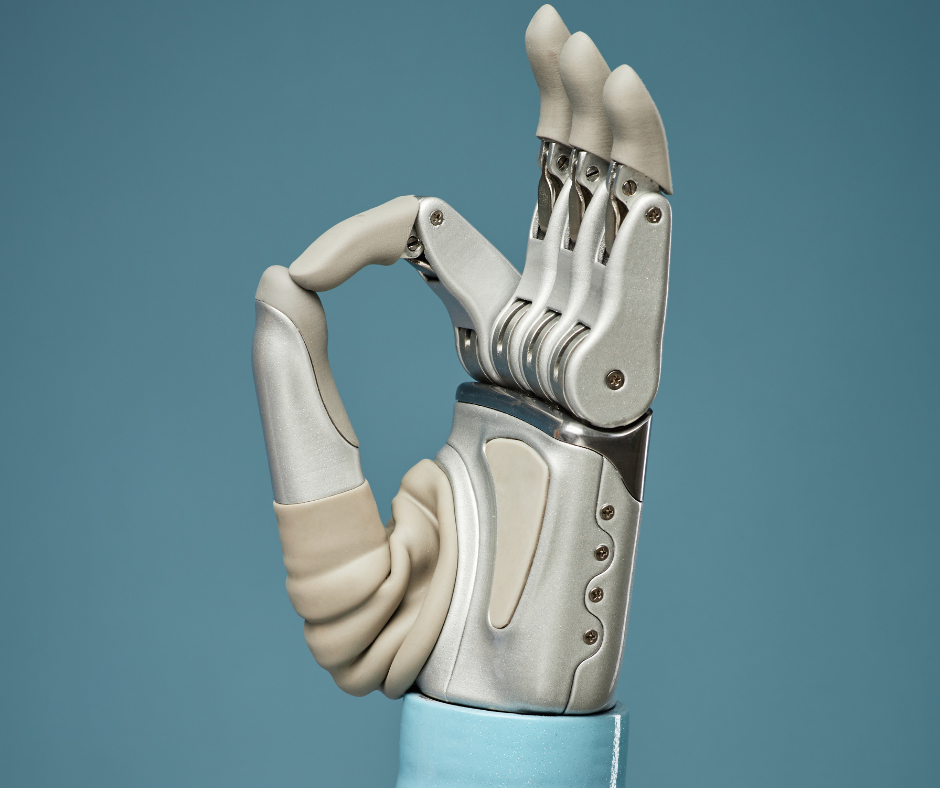The Future of Healthcare: How High-Tech, Bio-Tech, and Med-Tech Will Shape the Next Decade
The next decade promises a revolution in healthcare, driven by the convergence of high-tech, bio-tech, and med-tech innovations. From artificial intelligence (AI) and quantum computing to bioconvergence, these technologies are set to transform how we approach medicine, drug development, and patient care.
AI’s Growing Role in Healthcare
AI is rapidly becoming a key player in healthcare, streamlining drug discovery and development by analyzing vast datasets to identify potential treatments more efficiently. Its ability to predict outcomes and optimize clinical trials will accelerate the development of new therapies, making them more personalized and effective.
Quantum Computing: A Long-Term Game Changer
While quantum computing holds immense promise, its practical applications are still a decade or more away. In the meantime, AI will continue to dominate the healthcare sector, driving productivity and fueling economic growth, especially as it enhances research and medical innovations.

Bioconvergence: Merging Biology and Technology
Bioconvergence, the fusion of biology, engineering, and computational sciences, will usher in groundbreaking healthcare advancements. Innovations like digital twins for clinical trials, biochips simulating human organs, and nanorobotics for precise drug delivery are just the beginning. This multidisciplinary approach will lead to more efficient treatments and smarter healthcare solutions.
Med-Tech Breakthroughs
Med-tech is set to experience rapid growth, with innovations such as 3D bioprinting creating tissues and even entire organs on demand. These advancements could revolutionize organ transplantation and regenerative medicine, opening up new possibilities for patients worldwide.
The Need for Investment and Collaboration
To stay at the forefront of this healthcare revolution, nations and companies must invest in AI, climate tech, and biotech, fostering collaboration across sectors. Increased research funding and supportive policies will be crucial for driving the innovations needed to shape the future of healthcare.
Recent Biotech and AI Innovations
Biotechnology and AI are already changing the healthcare landscape. AI is speeding up drug discovery and improving diagnostic tools by analyzing large datasets for quicker, more accurate predictions. With its role in genomics, AI is helping create personalized treatment plans based on individual genetic makeup. Technologies like bioprinting and organ-on-a-chip are making strides in creating functional tissues and organs for research, and wearable devices powered by AI are enabling earlier detection of diseases. Meanwhile, AI is enhancing biotech manufacturing, improving efficiency and quality control. However, as these technologies evolve, ethical and regulatory challenges, especially in areas like genetic editing, must be addressed to ensure responsible use.
The future of healthcare is brighter than ever, with technology pushing boundaries and offering new possibilities. With strategic investment, collaboration, and ethical considerations, the next decade will reshape how we approach health, medicine, and technology.

